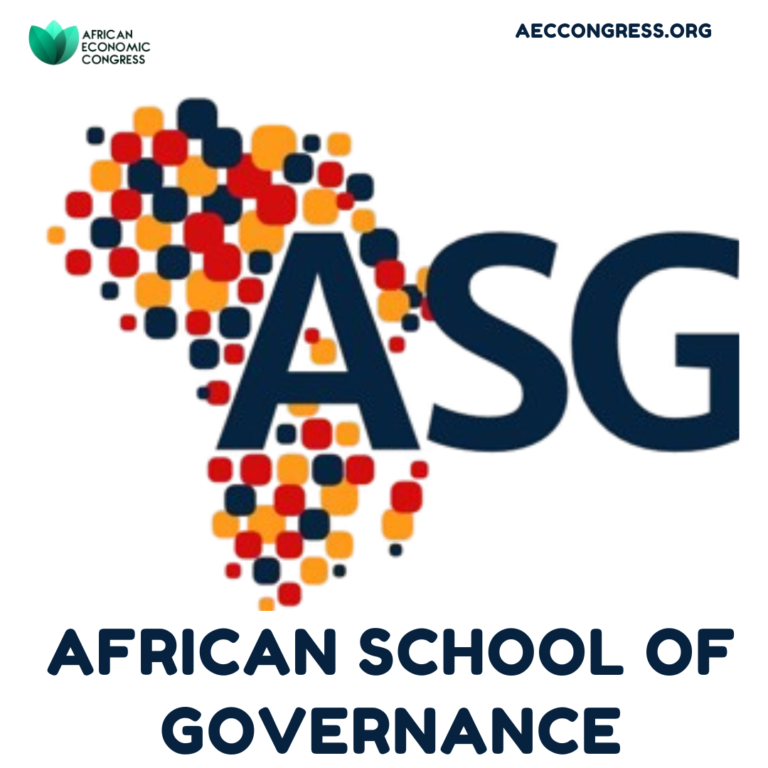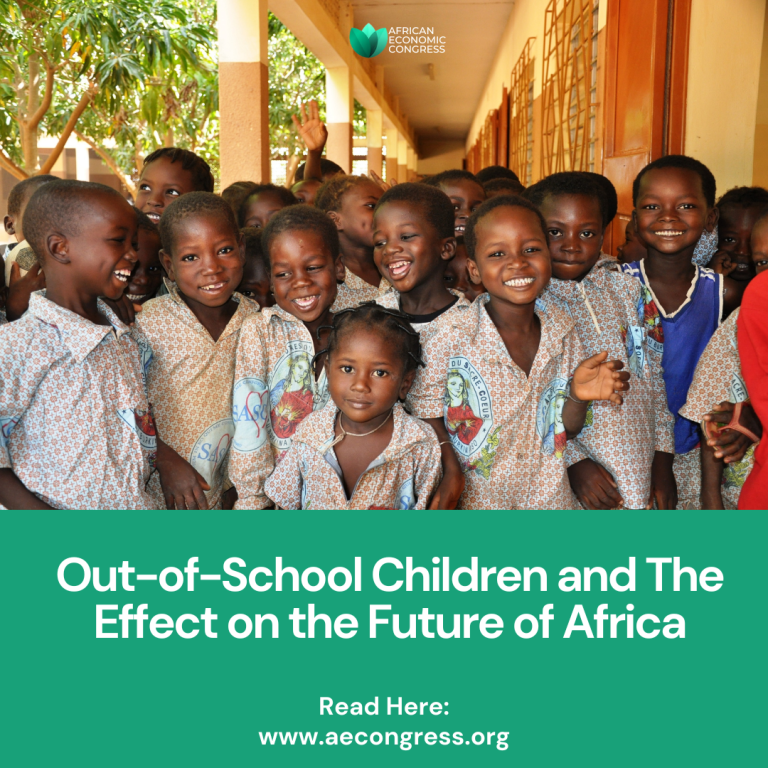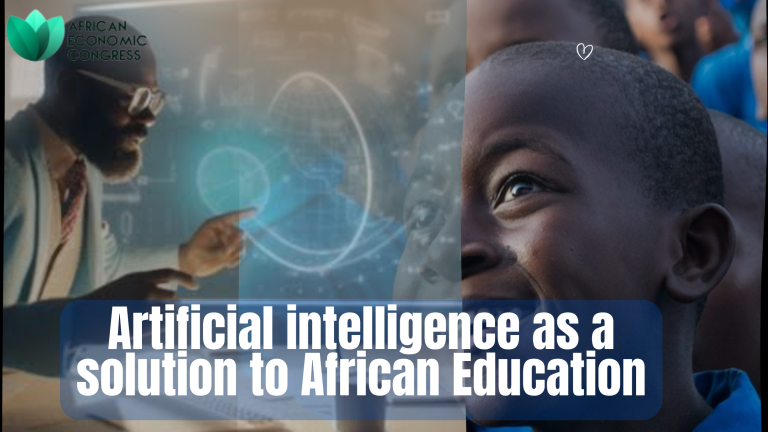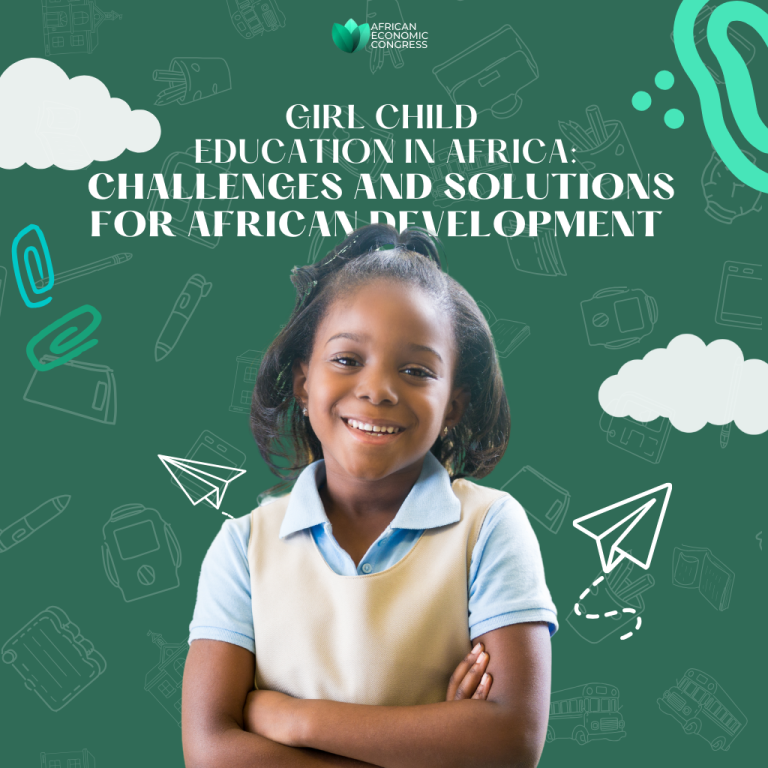With Africa’s youth population steadily increasing, the continent faces a significant challenge in delivering education that aligns with the demands of a rapidly changing global landscape. With approximately 60% of Africa’s population under the age of 25, the current education system often struggles to meet the needs of modern learners. This gap highlights the urgency of providing high-quality education that equips young Africans with the skills necessary to thrive in today’s world.
The State of Education in Africa
Education systems across Africa vary, but many countries face shared challenges, including overcrowded classrooms, a shortage of qualified teachers, inadequate infrastructure, and limited resources. According to UNESCO’s 2023 estimates, sub-Saharan Africa is home to approximately 30 million out-of-school children, with many more unable to achieve basic literacy and numeracy. These issues underscore the untapped potential of Africa’s youth and its impact on the continent’s development.
Leveraging Technology for Education
Digital tools have the potential to revolutionize education in Africa, breaking barriers related to cost, distance, and infrastructure.
E-Learning Platforms:
Platforms like Eneza Education, Ubongo, Edmodo, and UBEC Brain Friend are reshaping education by offering accessible online courses, video tutorials, and interactive quizzes. These platforms often cater to local needs, providing content in native languages and aligning with national curricula.
Mobile Learning:
With one of the fastest-growing mobile phone markets globally, Africa is uniquely positioned to adopt mobile learning solutions. Initiatives like BRCK’s Kio Kit provide internet-enabled devices with preloaded educational content that can function without continuous internet access. By leveraging mobile technology, students in rural and underserved areas can access quality learning materials and opportunities that were previously unavailable.
AI and Personalized Learning:
Artificial intelligence (AI) is transforming education by creating tailored learning experiences. AI tools adapt to individual students’ learning styles and paces, providing immediate feedback and support. For example, Kenya’s M-Shule employs AI-powered SMS tutoring to deliver personalized lessons, making education accessible even on basic mobile phones. Embracing AI can significantly enhance the African education system’s efficiency and inclusivity.
Practical Skills Training for Workforce Readiness
To bridge the gap between education and employment, integrating hands-on training and skill acquisition programs into the education system is critical.
Vocational and Technical Training:
Expanding technical and vocational education and training (TVET) institutions equip youth with practical skills for industries like manufacturing, construction, and engineering. Countries like Nigeria, Kenya, and South Africa are actively investing in TVET to meet the growing demand for skilled labour.
Entrepreneurship Education:
Entrepreneurial training is emerging as a solution to unemployment, teaching young Africans how to start and manage businesses. This includes lessons in business planning, financial literacy, and marketing, empowering youth to create job opportunities for themselves and others.
STEM Education:
Education in science, technology, engineering, and mathematics (STEM) is vital for preparing Africa’s youth for technological innovation and growth. Programs like Ghana’s STEMbees and the African Institute for Mathematical Sciences (AIMS) focus on building skills in coding, robotics, and engineering, with an emphasis on encouraging young women to enter these fields. Strengthening STEM education lays the groundwork for a tech-savvy workforce that can drive Africa’s digital transformation.
Overcoming Challenges
Despite these innovative approaches, Africa’s education sector faces persistent hurdles such as limited funding, unreliable internet connectivity, and a lack of trained teachers and digital devices. Addressing these challenges requires collaborative efforts:
- Public-Private Partnerships: Governments, private companies, and NGOs can join forces to scale successful education models, provide funding, and train educators.
- Policy Reforms: Integrating digital literacy and new learning methods into school curricula is essential to support innovative education.
- Technology Investments: Partnerships with tech companies can provide affordable digital solutions for schools, ensuring that students and teachers have access to modern tools.
A Promising Future
The future of youth education in Africa holds great promise. By adopting innovative learning models and nurturing creativity, the continent is paving the way for a generation of leaders, innovators, and entrepreneurs. These empowered young Africans will be equipped to tackle challenges, seize opportunities, and drive sustainable development across the continent.






